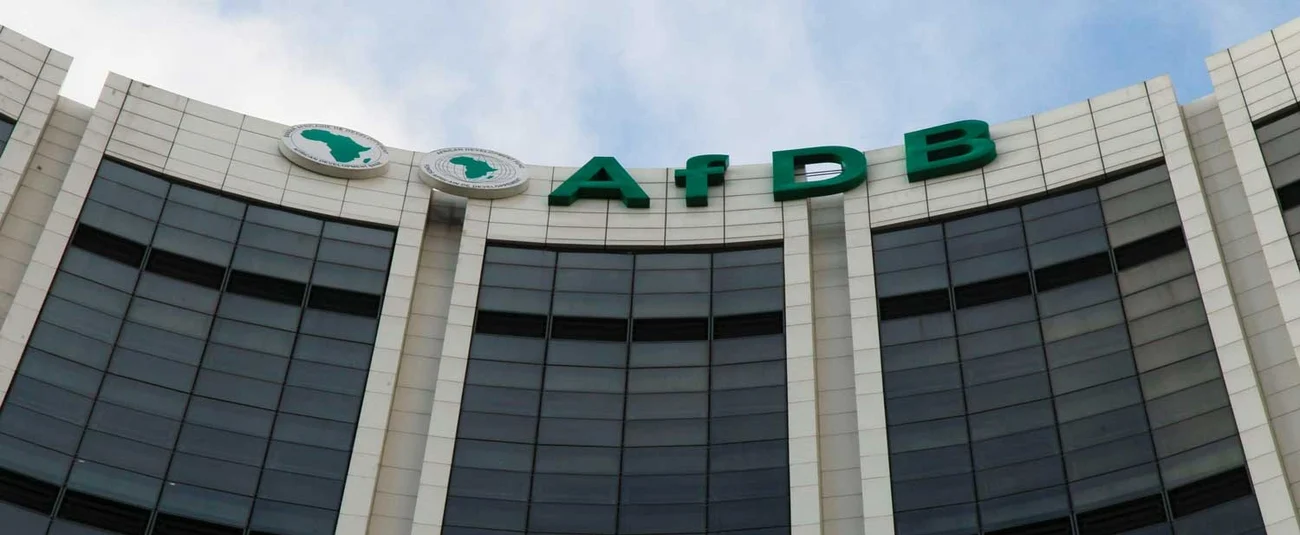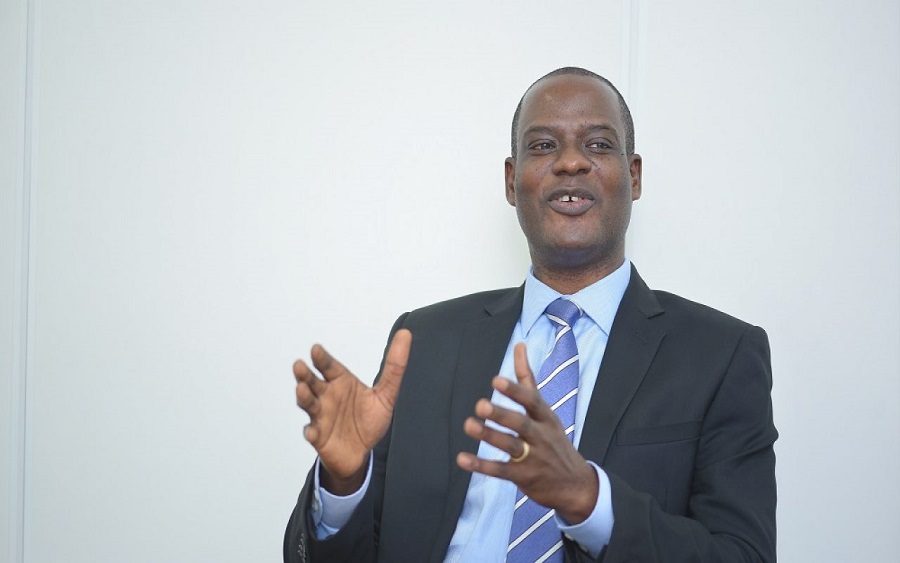The new tax reform bills currently under consideration in Nigeria’s National Assembly propose to stop revenue collection by federal agencies, including the Nigerian Upstream Petroleum Regulatory Commission and the Nigerian Customs Service.
This was disclosed by the Chairman of the Presidential Tax Committee, Taiwo Oyedele, in an interview with Channels TV on Friday.
Oyedele explained that the aim of the reform is to prevent around 60 federal agencies from collecting taxes, allowing them to concentrate on their core functions and responsibilities.
Oyedele emphasized that the new measures are designed to simplify tax collection across the country, making the process more efficient and effective.
The proposed bill stipulates that all federal taxes will be collected by the Federal Inland Revenue Service, which will also undergo a name change.
This move is intended to centralize tax collection and enhance the efficiency of the country’s tax system.
““If you think about the Nigeria Upstream Regulatory Commission, for instance, they collect royalties from the oil companies. Royalty is a tax. So what they should do is regulate upstream activities, not collecting taxes.
“Even Nigeria Custom services, they collect revenue relating to import duties, VAT, but they should focus on trade facilitation and border protections.
“We have over sixty agencies of the government at the federal level. And of course, a lot more than that, if you put all the states together, collecting taxes and levies. We do not know of any country where that is the case whether it’s in Africa or elsewhere. Why don’t you allow one agency collect taxes and levies? So that government agencies will focus on its primary mandate,” Oyedele said.
The chairman of the presidential tax reform committee also mentioned that the bill will repeal the FIRS and establish the Nigerian Inland Revenue Service to reflect its broadened responsibilities. NIRS will be tasked with collecting all federal taxes, as well as certain state taxes.
He clarified that, in practice, FIRS has never been exclusively a federal revenue agency, but has instead served the entire federation, with the revenue it collects being shared across all levels of government.
“We have the Federal Inland Revenue Service (FIRS), but look at all the taxes they collect. They are shared by the federation. Actually, the FIRS is not the revenue agency of the federal government.
“It is the revenue agency of the federation We thought an appropriate name will be Nigeria Revenue Service. We played around with federation revenue service, but it was looking too complicated,” he said.
The federal government’s tax reform initiative began soon after President Bola Tinubu inaugurated the Tax and Fiscal Reform Committee in August 2023, with renowned tax expert, Taiwo Oyedele at the helm.
The committee was given the mandate to restructure Nigeria’s tax system, aiming to build a more efficient and growth-driven framework that supports economic development, enhances revenue collection, and improves tax compliance.











